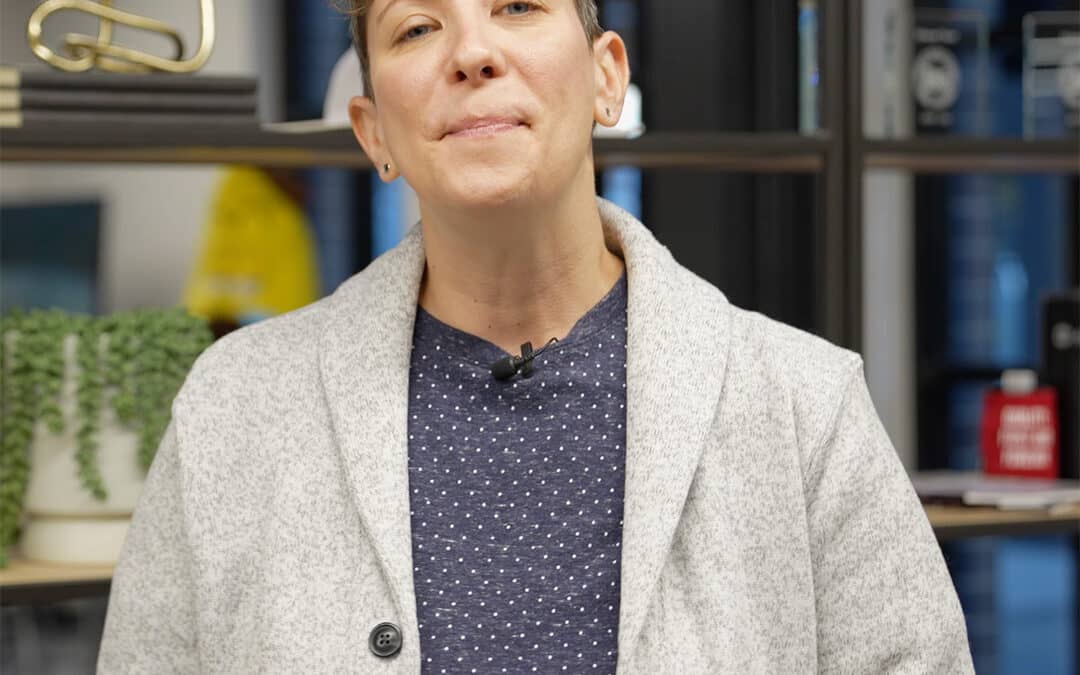Advice for Interviewing Marketing Talent
ASHLEY BOOTH
Video Transcript
I’m here today to talk to you about hiring for marketing talent and two key things that E3 has implemented as we’ve been hiring for ourselves and as we’ve been supporting hiring for clients.
So the first thing is we have started using behavioral questions. Now, behavioral questions are a really important thing because the idea is past behavior is a good indicator for future behavior. And you don’t realize how much in interviews you’re sort of unintentionally leading somebody to the answer that you want rather than getting the actual answer that they have.
Think about the number of times in an interview that you’ve said. “All right. Well, leading a team is really important, that this job is really collaborative…” and you’re sort of giving them the answer that you want rather than saying, “tell me about a time that you’ve been
required to lead a team or a project.” And then just sitting there and letting them answer the question, other than leading.
Or, tell me how you react to change. It’s really, really different and it’s really hard for me, even personally, just to ask a question and sit there. But I highly recommend that you think about what are the skills, what are the things that you really need in the talent that you’re hiring, and then going and looking at behavioral questions that you can ask to really get to the roots of how they answer those questions rather than leading them to how you want them to answer those questions.
The second thing is some sort of exercise. Now this comes with some caveats. So now is not the time to be asking somebody to do free work for you. An exercise should never take more than one hour of someone’s time outside of an interview process. When we’re hiring developer talent, we just bring them in as a contractor or freelancer on a project so we can see what they can do and they get paid.
If we’re hiring a content writer, we just have them write a blog or an article. In many cases, that’s not necessary. So, no more than one hour of somebody’s time, don’t ask for free work, and we have some example exercises for you.
So when we’re hiring a consultant, we give them some inputs and we ask them to show us an approach and questions that they would ask to vet that approach. And then we essentially simulate a client meeting where we ask unfair questions and we see how they react, how they respond to that. It’s just an hour of their time, really straightforward.
When I used to hire for SEO talent, I would just pull up a website that I knew really well on the fly in the interview and have somebody just do an SEO audit in the interview with me so I could see what they could do.
If we’re going to hire a marketing manager for a client where they’re going to handle social and content creation, we give them some inputs and we just ask them to put together a one-month content calendar.
Really, the key to the exercise is just to understand how do they approach things, what questions do they ask and how do they respond when you’re reviewing that in an interview with them in terms of feedback, unexpected things? It tells you a lot about somebody. Coach-ability is one of the most important things when you’re hiring talent of any kind, no matter the level whether it’s junior all the way to senior level talent.
Sharing Expertise
What good is learning something if you don't pass it on? You can tap into what we know right now – from dealer programs to determining brand architecture – and you don't have to give us a thing.





